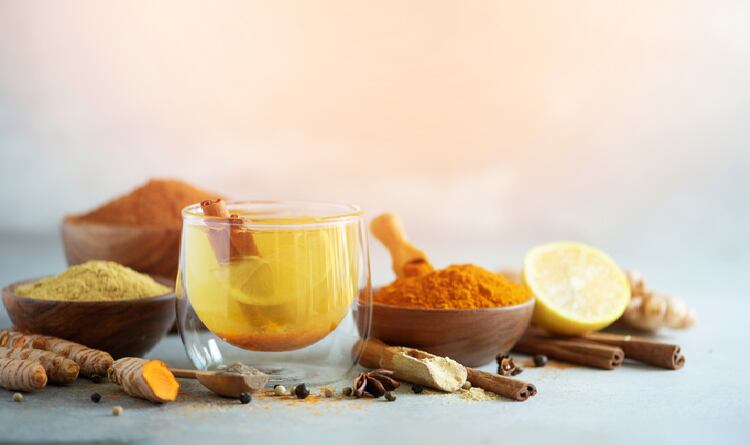Taking place in the second half of this year, this post market monitoring will focus on the dosage recommendations and preparation methods used to make the products.
The regulator said it received complaints on how some of these products were unlikely to be supported by the appropriate traditional evidence and thus might not meet regulatory requirements. A TGA spokesman told NutraIngredients-Asia that the complaints came from a variety of stakeholders including consumers, healthcare professionals, academics and industry.
TGA's preliminary analysis of the products in question had brought out two key issues.
Firstly, the actual preparation methods for herbal ingredients are often different to those cited by the sponsors.
Secondly, the dosage recommendations for the herbal ingredients are often lower in the actual product than what was documented by the sponsors.
As such, the TGA has encouraged sponsors to re-evaluate the evidence that they currently hold or to reconsider the indications made in the products.
“You are encouraged to re-evaluate the evidence you currently hold, particularly in relation to the comparability of the preparations of the active ingredients in your products and their dosages
“And reconsider the indications made for your medicines with reference to the ‘Evidence guidelines’ for listed medicines,” the TGA said in a notice.
According to the guidelines, the method of preparation and processing the ingredients and the dose of the active components in the actual medicine should be consistent to the evidence submitted.
This means that firms with products altered significantly in their constituent profile will need to present scientific evidence to back up their claims.
“Medicines that have been altered significantly in their constituent profile from the traditional medicine on which the indication is based will require scientific evidence to substantiate their claimed action,” Carl Gibson, CEO of trade body Complementary Medicines Australia (CMA) said.
For example, if a different processing method was used, sponsors will need to show evidence that the chemical profile of the resulting active ingredient is not substantially different from those cited in the evidence.
Products which have failed the compliance review might be cancelled from the Australian Register of Therapeutic Goods (ARTG), unless the sponsors rectify the problems, Gibson said.
"The number of medicines with traditional indications that will be reviewed commencing in the second half of 2020 is yet to be determined.
"As the TGA takes a risk-based approach to prioritising medicines for post-market compliance review, the number of reviews will depend on a variety of matters including signals received about other types of non-compliance," the TGA spokesman said.
Sector challenges
Asked the challenges faced by this sector, Gibson highlighted problems such as the lack of accurate information.
For instance, the existing clinical trials used as literature evidence could have inadequately described or characterised the composition of a particular herbal treatment.
In addition, even if a particular herbal ingredient is standardised to known active therapeutic components or marker compounds, the varying concentration of other components in the herbal extract could result in a different pharmacological activity.





